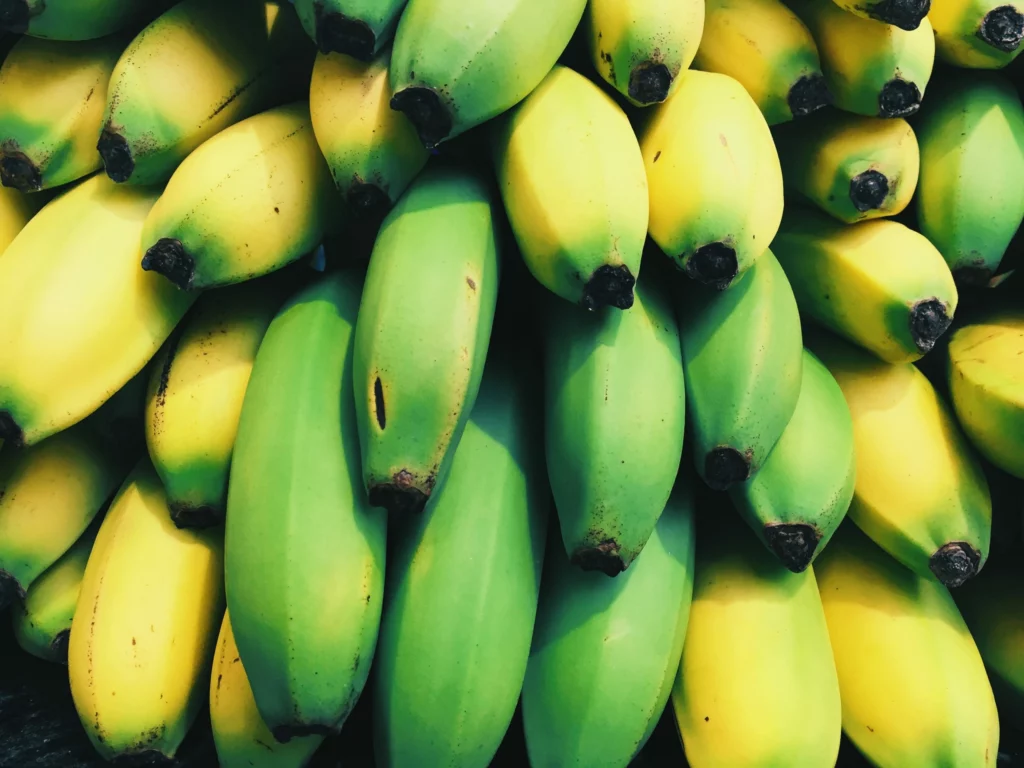In view of the growing concerns surrounding the health risks associated with carbide-ripened fruits, it has become imperative for consumers to arm themselves with knowledge on how to identify and steer clear of such products. While regulatory bodies like National Agency for Food and Drug Administration and Control (NAFDAC) are working to curb the proliferation of these hazardous practices, consumers play a crucial role in safeguarding their health and well-being. By familiarising yourself with the telltale signs of artificial ripening and taking proactive measures to support safe food practices, you empower yourself to make healthier choices for yourself and your family. Here are some practical tips on recognising and avoiding carbide-ripened products:
1. Inspect the appearance: Carbide-ripened fruits often exhibit unnatural characteristics. Look out for fruits that appear overly uniform in colour or lack the natural variations typically seen in ripened fruits. Fruits may also have an artificial sheen or glossiness, indicating potential chemical treatment.
2. Check for uniform ripening: Unlike naturally ripened fruits, which tend to ripen unevenly, carbide-ripened fruits may exhibit uniform ripening throughout the entire fruit. Pay attention to any signs of accelerated ripening, such as fruits that transition from unripe to fully ripe within a short period.
3. Assess texture and taste: While visual cues can be helpful, texture and taste can also provide valuable insights. Carbide-ripened fruits may lack the characteristic texture and flavour associated with naturally ripened fruits. Before you even taste at all, please, ensure thorough washing under running water. During purchase; be wary of fruits that feel unnaturally soft or mushy. After purchase, for instance, mangoes that sink in water are naturally ripe. But if you see any mango floating, it could mean that it is chemically ripened.
4. Smell for unusual odours: Calcium carbide is known for its distinctive garlic-like odour. Take a moment to discreetly smell the fruits you intend to purchase. If you detect any unusual or pungent odours that are not typical of the fruit, it could indicate carbide usage.
5. Purchase from reputable sources: Whenever possible, buy fruits from reputable vendors and markets known for adhering to quality and safety standards. Establishing a trusted relationship with your local fruit supplier can help ensure the authenticity and freshness of the products you purchase.
6. Opt for seasonal and local produce: Seasonal and locally-grown fruits are less likely to be subjected to artificial ripening practices. By choosing fruits that are in season and sourced locally, you reduce the risk of encountering carbide-ripened products. Also, if the fruits are available before season, it could mean they are artificially-ripened. Washing and peeling the fruits before eating can minimise the risks of calcium carbide.
7. Ask questions: Don’t hesitate to inquire about the ripening practices employed by a regular vendor. Ask whether the fruits have been artificially ripened and if any chemicals, including carbide, have been used in the process. Vendors committed to transparency and consumer safety will readily provide this information.
8. Strictly buy unripe plantain and banana: You can opt for buying your plantain and banana green then using a natural method to ripen them towards the time you would be ready to eat them. Same process applies to banana, as an artificially-ripened fruit will be yellow while the stem will be dark green. The fruits would also have lesser flavour and have shorter shelf-life.

